South Korea Condemns Tokyo’s Yasukuni Shrine Offerings; Stirs Tensions
- South Korea expressed regret over Japanese leaders sending offerings to the Yasukuni Shrine, a symbol of Japan’s militaristic past.
- The offerings were sent by Japanese Prime Minister Shigeru Ishiba, who refrained from visiting the shrine in person.
- South Korea views these actions as disrespectful to its history and the victims of Japan’s past aggression.
- The incident has once again highlighted historical tensions between Japan and its neighbors, impacting the future of South Korea-Japan relations.
South Korea has recently expressed deep regret over Japanese leaders sending offerings to the Yasukuni Shrine, a symbol of Japan’s militaristic and colonial past. The shrine, located in central Tokyo, is notorious for honoring 14 convicted Class-A Japanese war criminals from World War II. This has made it a contentious symbol and a source of diplomatic friction between Japan and its neighbors.
The South Korean foreign ministry issued a statement expressing disappointment and regret over the fact that responsible leaders of Japan once again sent offerings to or visited the Yasukuni Shrine. The ministry urged the leaders of Japan’s new cabinet to squarely face history and demonstrate through action their humble reflection and sincere remorse for Japan’s past acts.
This, they noted, will become an important foundation for the establishment of future-oriented South Korea-Japan relations based on mutual trust.
Japanese Prime Minister’s Offering to Yasukuni Shrine
The offerings to the shrine were sent by Japanese Prime Minister Shigeru Ishiba, who took office on October 1. He sent the ritual offering of a masakaki tree under his name as prime minister on the occasion of the shrine’s autumn festival. However, it is worth noting that Ishiba refrained from visiting the shrine in person, possibly to avoid exacerbating tensions with Japan’s neighbors.
This incident is not an isolated one. Over the years, the Yasukuni Shrine has been a recurring source of diplomatic discord between Japan and its neighbors, particularly South Korea and China. The shrine’s association with Japan’s war criminals from World War II has made it a symbol of Japan’s unrepentant attitude towards its past aggression and colonial rule.
Visits or offerings by Japanese leaders are often interpreted as a lack of remorse for these historical actions, hindering reconciliation efforts.
South Korea’s Stance on Yasukuni Shrine Visits
South Korea’s stance on this issue is clear. They view Japanese leaders’ interactions with the Yasukuni Shrine as disrespectful to its history and the victims of Japan’s past aggression. By expressing regret, South Korea aims to encourage Japan to acknowledge and show remorse for its historical actions, fostering an environment for improved and trust-based bilateral relations.
This incident is reminiscent of similar events in the past. For instance, in 2013, then Japanese Prime Minister Shinzo Abe’s visit to the Yasukuni Shrine sparked fury in Beijing and Seoul and earned a rare diplomatic rebuke from close ally the United States. The visit was seen as a provocative act that glorified Japan’s militaristic past, straining Japan’s relations with its neighbors.
In another instance, former Japanese Prime Minister Fumio Kishida sent a ritual offering to the Yasukuni Shrine in his capacity as president of the country’s ruling Liberal Democratic Party. This act was met with serious representations from China, further highlighting the diplomatic tensions surrounding the Yasukuni Shrine.
In conclusion, the recent offerings to the Yasukuni Shrine by Japanese leaders have once again brought to the fore the historical tensions between Japan and its neighbors. As South Korea expresses its regret and calls for sincere remorse from Japan, it remains to be seen how this will impact the future of South Korea-Japan relations. The hope is for a future where past aggressions can be acknowledged and reconciled, paving the way for trust-based, forward-looking relations between the two nations.
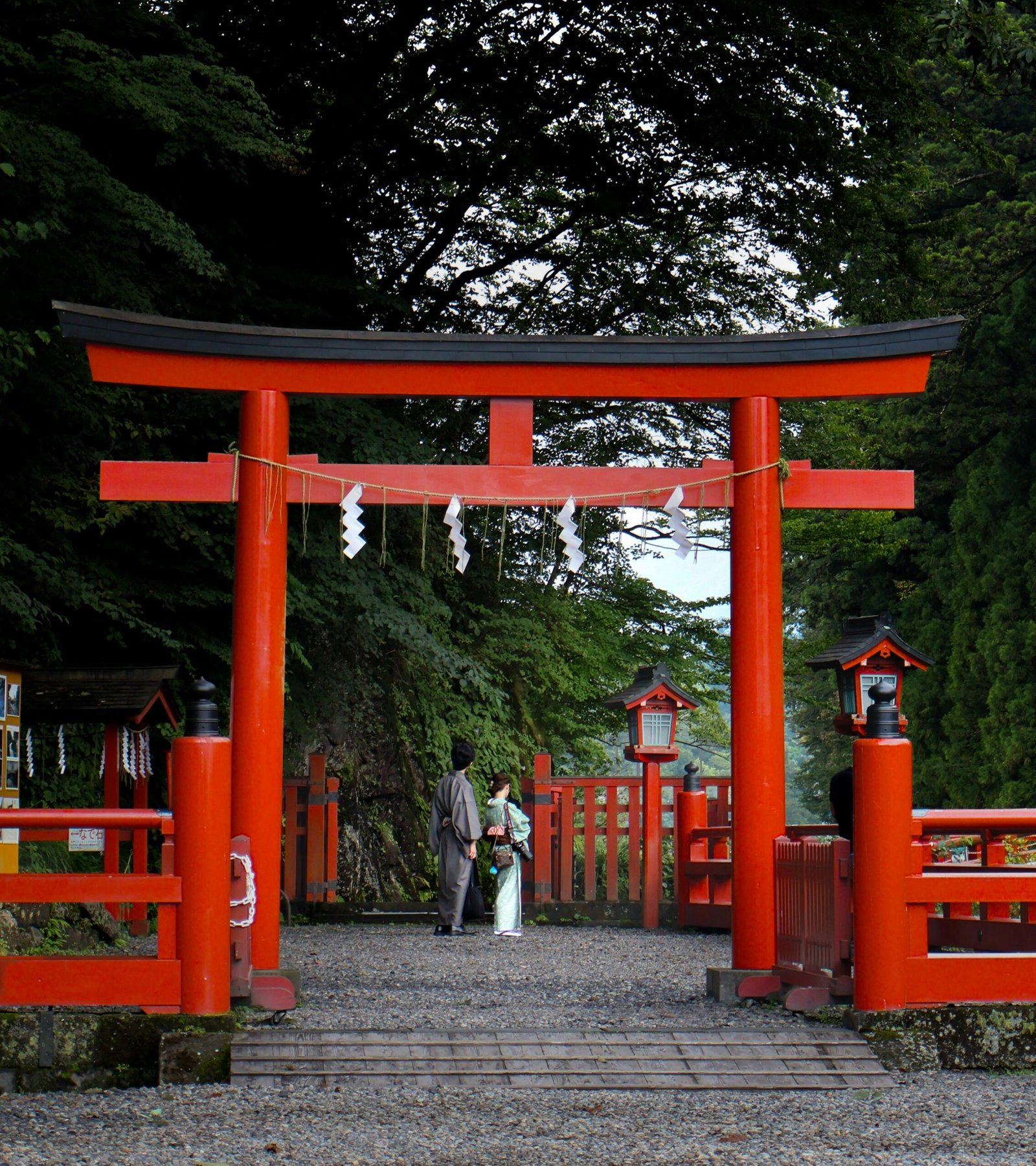
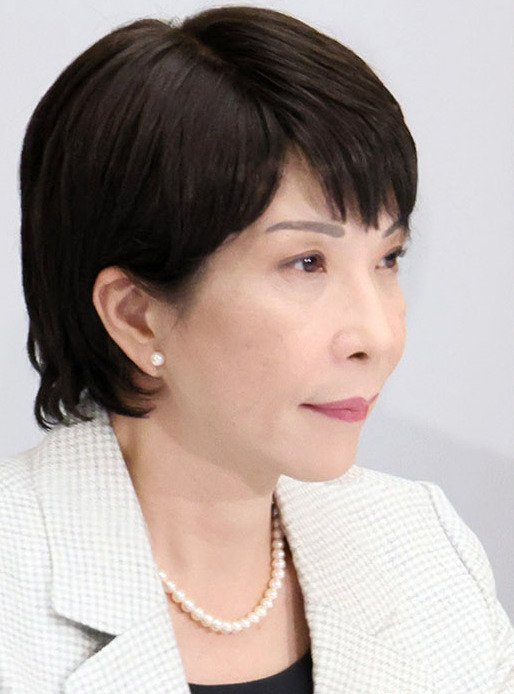

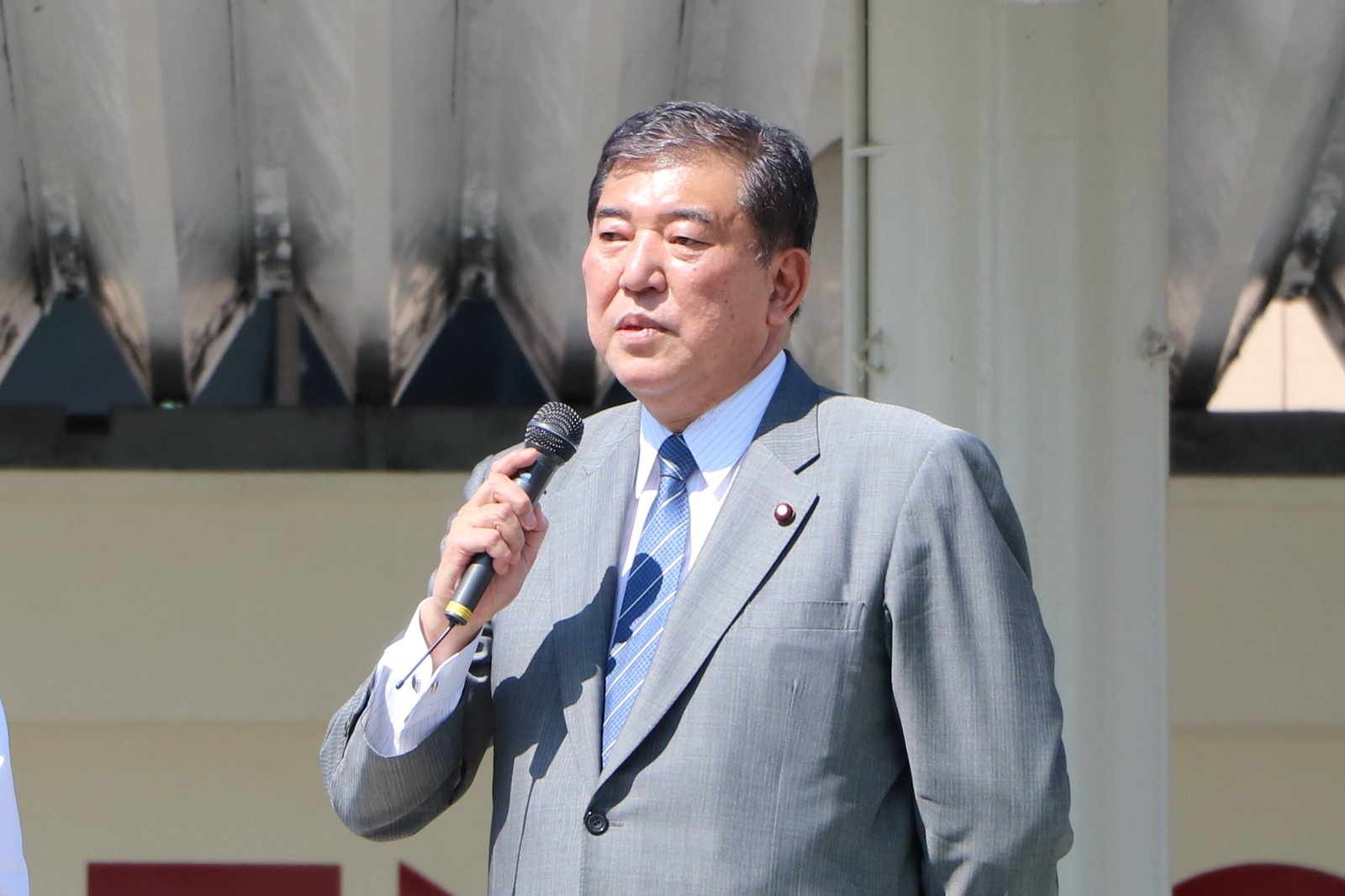

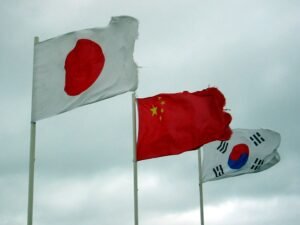
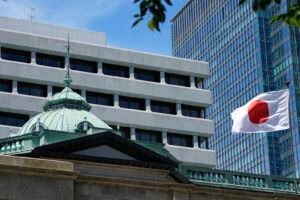






Post Comment